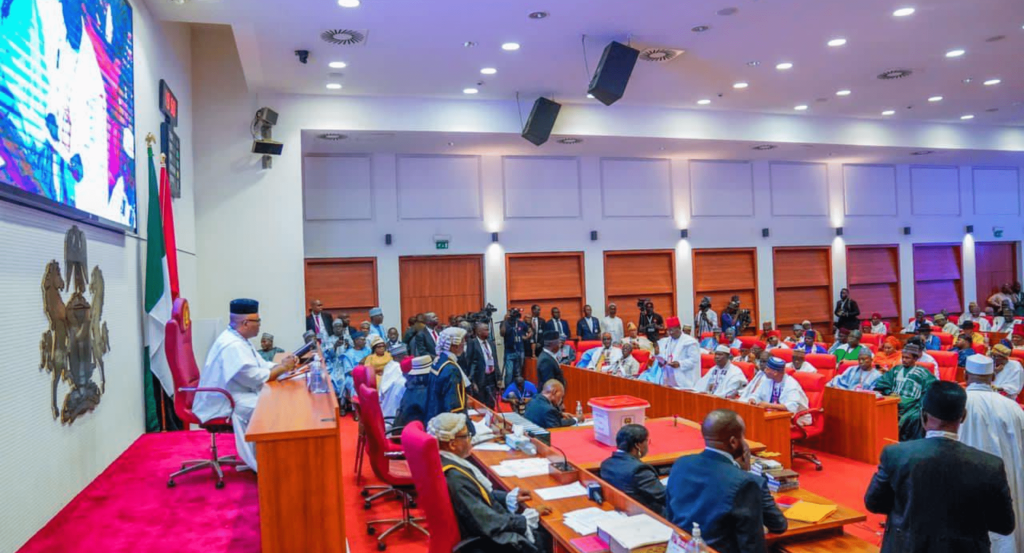The Nigerian Ports Authority (NPA) has announced a 15% increase in port tariffs, marking the first upward review in 32 years. The decision, which takes effect immediately, is aimed at enhancing operational efficiency, improving port infrastructure, and aligning tariffs with current economic realities.
According to the NPA, the tariff adjustment was necessary to sustain port competitiveness and ensure that Nigerian ports remain viable in the face of rising operational costs. The agency noted that despite inflation, increased global shipping costs, and infrastructural demands, port tariffs had remained unchanged for over three decades.
The Managing Director of the NPA, Mohammed Bello-Koko, stated that the review was carefully considered and benchmarked against tariffs in neighboring West African countries. He assured stakeholders that the increase was moderate and designed to improve service delivery without imposing excessive burdens on businesses.
The revised tariff structure will affect various port charges, including berth occupancy fees, cargo handling charges, and other levies associated with port operations. While importers and exporters have raised concerns over the possible impact on trade costs, the NPA insists that the increment is necessary for sustaining critical port services and modernizing infrastructure.
The decision has sparked mixed reactions among industry stakeholders. Some port operators and shipping companies acknowledge the need for a tariff adjustment, considering the rising cost of maintenance and operations. However, importers and exporters have expressed worries that the increase could lead to higher costs of goods and services, ultimately affecting consumers.
Industry experts believe that while the increase is long overdue, its timing amidst economic challenges could pose difficulties for businesses relying on port services. Some have called for measures to cushion the impact, such as improving efficiency at ports to reduce delays and additional costs.
The NPA has assured port users that efforts are being made to streamline operations and reduce bottlenecks. The agency emphasized its commitment to digital transformation and infrastructure upgrades to enhance the ease of doing business in Nigerian ports.
As the new tariff structure takes effect, industry observers will be watching closely to assess its impact on trade volume, shipping activities, and overall economic growth. The NPA has urged stakeholders to collaborate in ensuring a smooth transition while working towards long-term improvements in the country’s maritime sector.



























